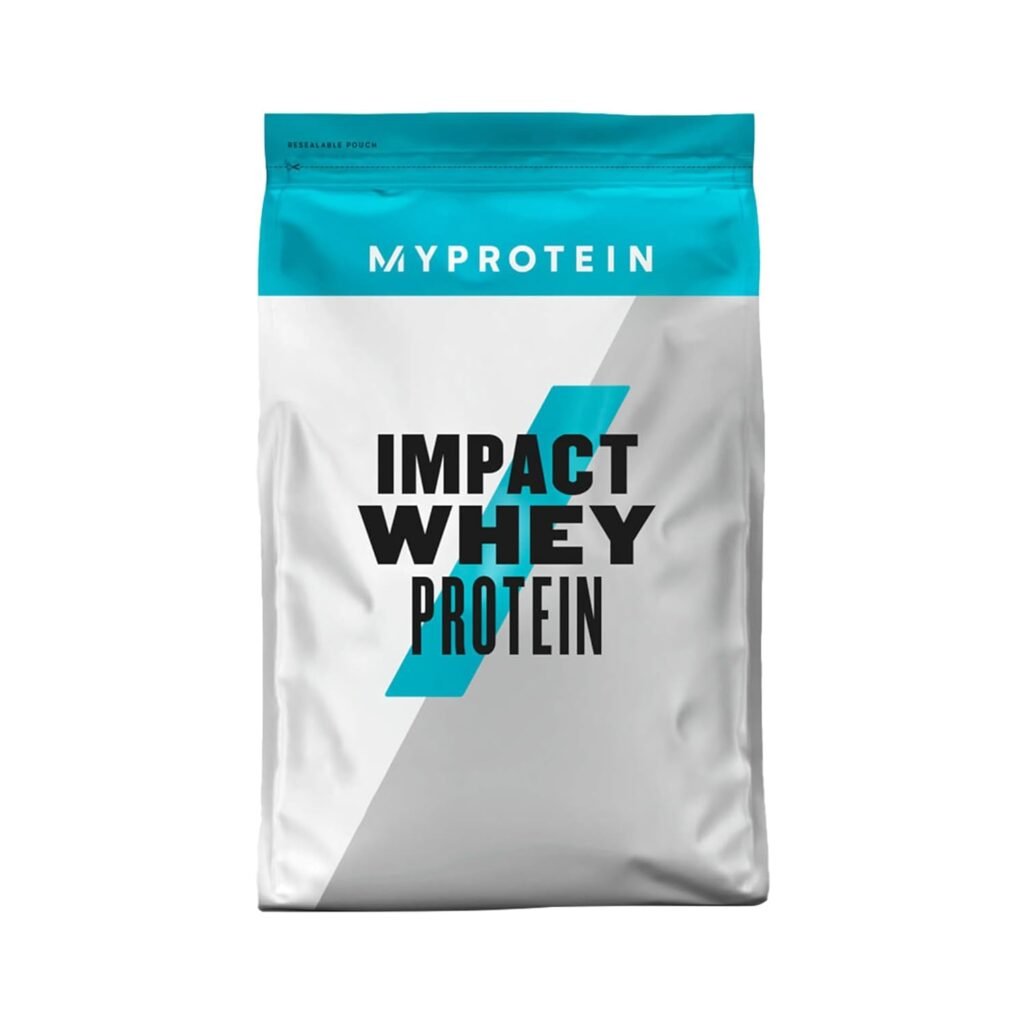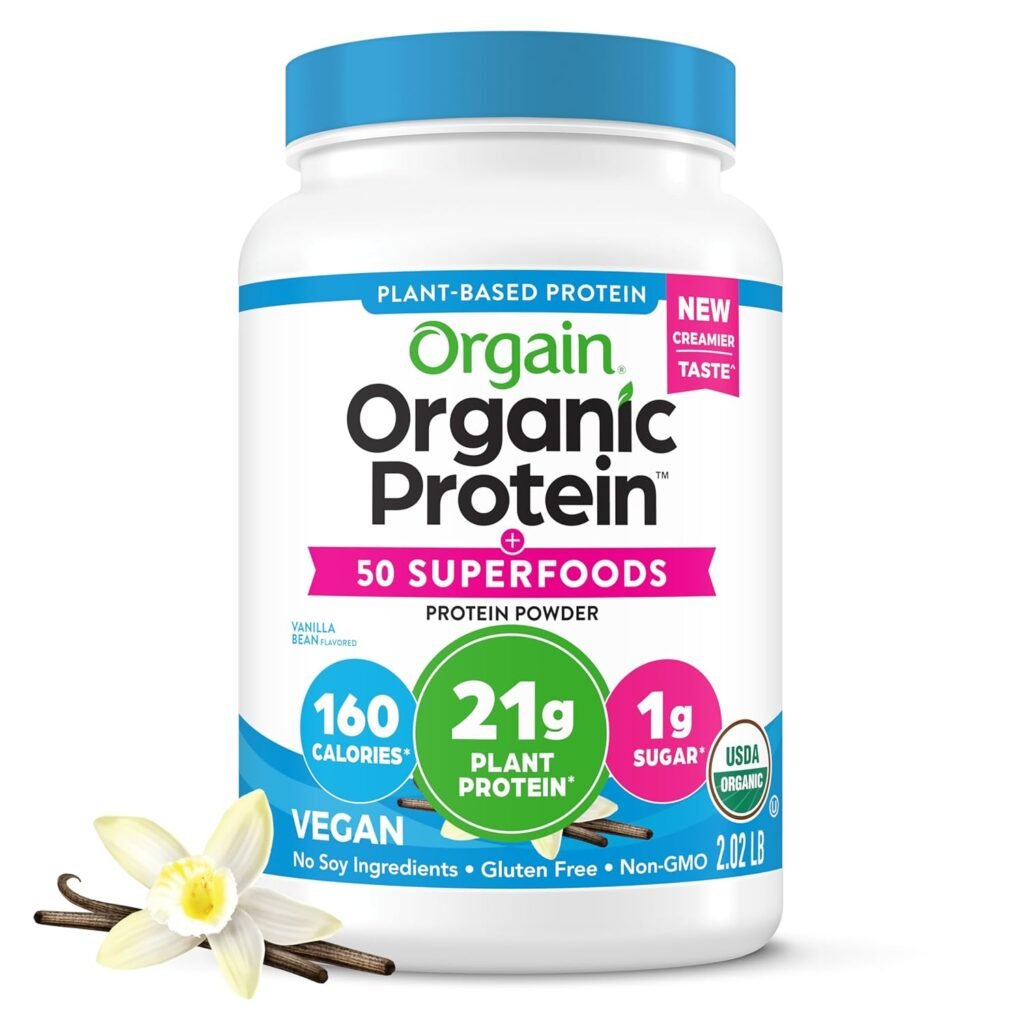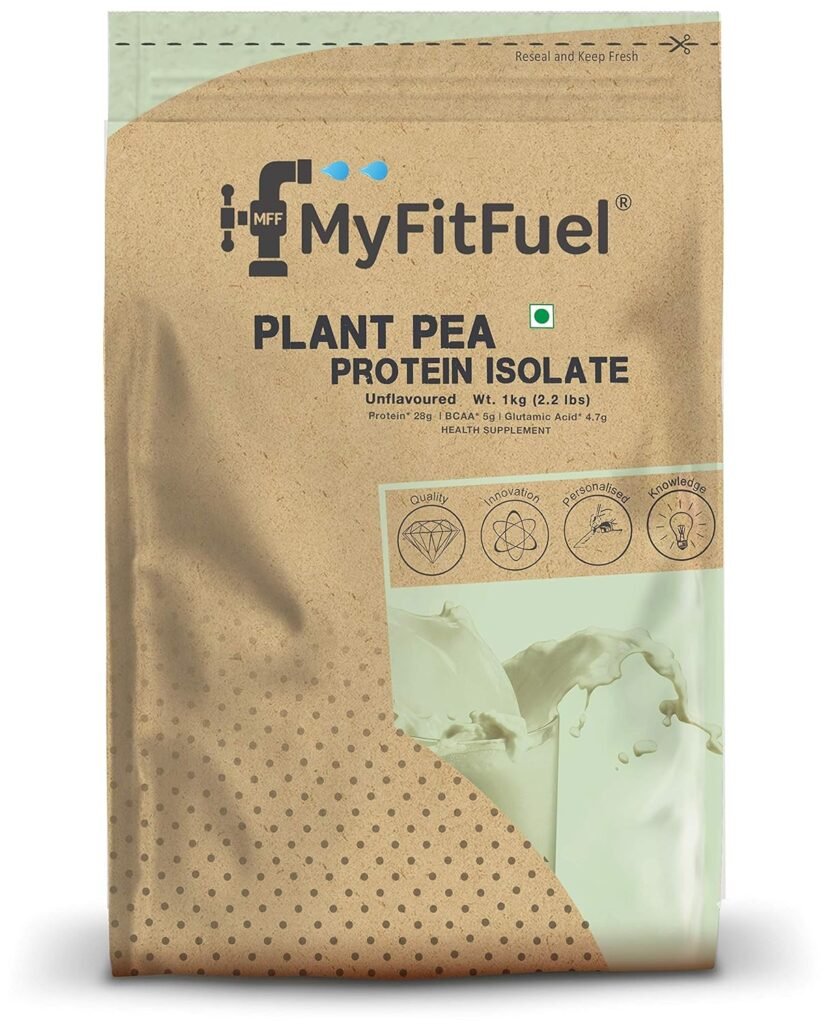Best Protein Powder For Diabetic : Complete Guide
Diabetes is a chronic condition that requires careful management of diet, exercise, and lifestyle choices. Many people with diabetes wonder whether they can consume protein powder, especially Diabetics who want to improve their fitness, maintain muscle mass, or boost their daily protein intake.
Protein powder can be a great addition to a diabetic-friendly diet if selected wisely. Choosing the best protein powder for diabetics requires considering essential factors. We will explore the benefits, potential risks, types of protein powders, and the best choices for diabetics.
The Importance of Diabetic-Friendly Protein Powder
Protein is an essential macronutrient that helps in various bodily functions. For diabetics, protein can offer several benefits:
Helps Maintain Muscle Mass
People with diabetes, particularly Type 2 diabetes, are at risk of losing muscle mass due to insulin resistance. Consuming enough protein helps preserve muscle, improve metabolism, and enhance overall strength.
Supports Blood Sugar Control
Unlike carbohydrates, protein does not significantly raise blood sugar levels. Consuming protein with carbohydrates can slow down digestion and the release of glucose into the bloodstream, preventing sudden spikes in blood sugar.
Aids in Weight Management
Protein is highly satiating, meaning it helps you feel full for longer. This can reduce cravings for high-carb, sugary foods, ultimately assisting in weight management—an essential aspect of diabetes control.
Promotes Wound Healing & Immunity
Diabetes can slow down the healing process due to poor circulation and high blood sugar levels. Protein is vital for tissue repair and recovery, making it an essential nutrient for diabetics.
2. Can Protein Powder Raise Blood Sugar Levels?
While protein has little impact on blood sugar levels, some protein powders may still cause spikes if they contain added sugars, high-glycemic carbohydrates, or artificial additives. Here’s what to watch out for:
Ingredients That Can Spike Blood Sugar
Added Sugars: Some protein powders contain sucrose, maltodextrin, dextrose, or glucose, which can quickly raise blood sugar levels.
High-Carb Fillers: Cheap protein powders may include rice flour, cornstarch, or other carbohydrate fillers.
Artificial Sweeteners: While some artificial sweeteners are safe, others, like maltodextrin or aspartame, may affect insulin sensitivity.
Low-Carb & Sugar-Free Options Are Safe!
By selecting low-carb protein powder for diabetes, you can enjoy the benefits of protein without worrying about blood sugar spikes.
Best Air Purifier for Home in India: Top Picks for Clean & Healthy Air
3. Best Protein Powders for Diabetic
The right protein powder for diabetics should be low in carbohydrates, free from added sugars, and made from high-quality protein sources. Below are some of the best options:
a. Whey Protein For Diabetics (Best for Muscle Growth & Low Carb Diets)
Whey protein isolate is one of the purest forms of protein, with minimal lactose and carbohydrates. It is quickly absorbed by the body and promotes muscle recovery.
🛒 Recommended Brands:

b. Plant Based Protein For Diabetics (Best for Vegans & Digestive Health)
For diabetics who are lactose intolerant or prefer plant-based options, protein powders made from peas, hemp, or soy are excellent alternatives. They are often high in fiber, which helps stabilize blood sugar levels.
🛒 Recommended Brands:
- Orgain Organic Protein (Stevia-sweetened, low sugar)
- Garden of Life Organic Protein
- Plant Pea Protein (Single ingredient, no additives)
c. Collagen Protein (Best for Joint & Skin Health)
Collagen protein is an excellent choice for diabetics who want to support skin elasticity, joint health, and wound healing. It has no carbohydrates, making it an excellent blood sugar-friendly option.
🛒 Recommended Brands:
- Vital Proteins Collagen Peptides
- Sports Research Collagen Peptides
d. Diabetic-Specific Protein Powders
Certain protein powders are specifically designed for diabetics and contain ingredients that support blood sugar control.
🛒 Recommended Brands:
- Diabexy Protein Powder (Low GI, diabetic-friendly)
4. How to Choose Diabetic-Friendly Protein Powder
When selecting a protein powder, follow these key tips:
Look for Low-Carb Options – Choose protein powders with less than 5g of carbs per serving.
Avoid Added Sugars – Protein powders containing sucrose, fructose, or corn syrup.
Check the Protein Source – Whey isolate, pea protein, and collagen are excellent choices.
Choose Natural Sweeteners – Opt for stevia or monk fruit instead of artificial sweeteners like aspartame.
Monitor Your Blood Sugar – If you are trying a new protein powder, check your glucose levels before and after consuming it.
Discover the 3 Best Coffee Makers for Your Home Today
5. When Should Diabetics Avoid Protein Powder?
While protein powders are generally safe for diabetics, there are some situations where caution is needed:
Kidney Disease: If you have kidney-related issues, excess protein intake may affect your kidneys. Always consult a doctor before adding protein supplements.
Poorly Controlled Blood Sugar: If your blood sugar levels are unstable, introduce protein powder gradually and monitor its effects.
Digestive Issues: Some individuals experience bloating or digestive discomfort with whey or soy-based proteins. Plant-based or collagen protein may be a better option.
6. How to Use Protein Powder Safely as a Diabetic
Here’s how diabetics can incorporate protein powder into their diet without complications:
Mix with Water or Unsweetened Almond Milk – Avoid using fruit juices or sweetened milk as a base.
Pair with Fiber & Healthy Fats – Adding flaxseeds, chia seeds, or nut butter can enhance satiety and slow sugar absorption.
Use Post-Workout or as a Meal Replacement – A protein shake can be a significant post-workout recovery or meal replacement.
Stick to Recommended Serving Sizes – 1-2 scoops daily is usually sufficient for most people.
Consult a Doctor If Needed – Get medical advice before adding protein powder to your diet if you have kidney-related or other health issues.
Yes, diabetics can take protein powder—but the key is choosing the right type! Opt for a low-carb protein powder for diabetes to support muscle health, weight management, and blood sugar stability. Always read the ingredient label and consult a doctor if you have underlying health conditions.





